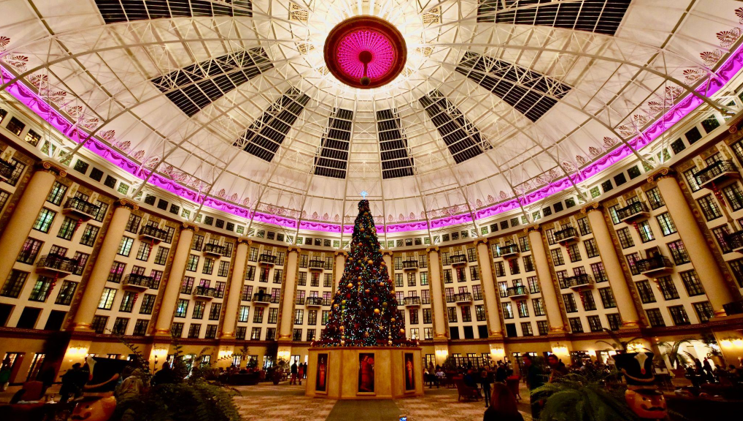Exploring Christmas Eve in the Middle East
While many countries in the Western world celebrate Christmas Eve with candles, stockings, and Santa Claus, the Middle East has a unique way of welcoming the season of joy. The culture and beliefs of the Middle Eastern people are deeply entwined with their festivities, and their love for Mediterranean food makes the occasion more festive.
In the Middle East, the atmosphere around Christmas Eve is vibrant and colorful. People start decorating their houses with lights and ornaments, and public places are adorned with Christmas trees and twinkling lights. Churches around the region prepare for the influx of people attending the midnight mass.
Celebrating with Mediterranean Food
One of the most iconic parts of Christmas Eve celebrations in the Middle East is the delicious Mediterranean food. A rich selection of meat dishes, salads, soups, sweets, and bakeries are prepared to share with family and friends.
Some traditional Christmas Eve dishes include Kibbeh, a mixture of minced meat and bulgur stuffed with different fillings like onions, pine nuts, or ground lamb. Fattoush, a refreshing salad made with local greens, tomatoes, cucumbers, and crispy baked bread, is also a favorite among the people of the Middle East.
Some desserts served during Christmas Eve dinners include Maamoul, a sweet pastry filled with nuts and dates covered in powdered sugar. Other desserts include Qatayef, a mouth-watering pancake stuffed with nuts, and Halawat al-Jibn, a cheese pastry made with sugar syrup and filling.
Faithful Offerings
Beyond the partying and festivities, Christmas Eve in the Middle East is also a time for faithful reflection and gratitude. The season of Christmas holds a special place in the hearts of the Middle Eastern people as it represents the birth of Christ, who is seen as a messenger of God.
Loud singing and prayers can be heard from churches every night, welcoming the season while honoring their faith. Middle Easterners offer prayers to God, reaffirming their faith and spreading love and compassion to everyone they meet.
Furthermore, Christmas time is also seen as an opportunity to reach out to the less fortunate. It is expected to see people distribute clothes, toys, and food to the needy and those who need help.
In conclusion, Christmas in the Middle East manifests the region’s unique culture, faith, and cuisine. The festivities go beyond the food and parties, encompassing spiritual reflection and a deep love for God, family, and fellow human beings. Whether it is the chilly cold springs or the rich Mediterranean food, Christmas Eve in the Middle East celebrates love, faith, and hope.

